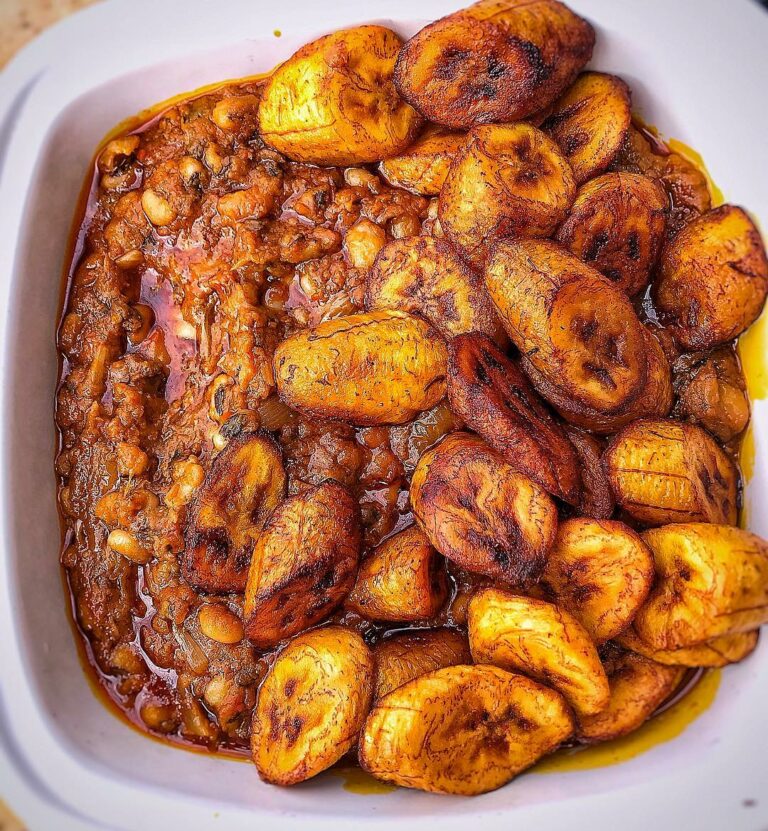Introduction: Ghanaian Desserts and Sweets
Ghanaian cuisine is a delicious and diverse blend of flavors, and it’s no surprise that the country also has its own unique desserts and sweets. While many people are familiar with traditional Ghanaian dishes like jollof rice and banku, they may not be as familiar with the country’s sweet treats. Ghanaian desserts and sweets are often made with local ingredients and feature bold, sweet flavors that reflect the country’s culinary heritage.
The Influence of Ghanaian Cuisine on Desserts and Sweets
Ghanaian desserts and sweets are heavily influenced by the country’s cuisine, which is known for its bold flavors and use of local ingredients. Many of these sweets draw on traditional Ghanaian ingredients like coconut, plantains, and peanuts, which are used to create a wide range of sweet treats. Ghanaian sweets are often made with palm sugar, which gives them a unique flavor profile that is distinct from other types of sweets.
Popular Ghanaian Desserts and Sweets: A Brief Overview
One of the most popular Ghanaian desserts is called kelewele, which is made from ripe plantains that have been fried and coated in cinnamon and sugar. Another popular dessert is called chin chin, which is a sweet, crunchy snack made from flour, sugar, and butter. Other Ghanaian sweets include peanut brittle, coconut candy, and kuli kuli, which is a crunchy, sweet snack made from ground peanuts.
Ingredients Used in Ghanaian Desserts and Sweets
Ghanaian desserts and sweets often feature a range of local ingredients, including tropical fruits like mangoes and pineapples, as well as nuts, seeds, and spices. Some of the most commonly used ingredients in Ghanaian sweets include coconut, plantains, cassava, and peanuts, which are used to create a wide range of sweet treats with different textures and flavors.
How Ghanaian Desserts and Sweets are Made: Techniques and Methods
Ghanaian desserts and sweets are often made using traditional cooking methods that have been passed down from generation to generation. Many of these sweets are fried or baked, and they often feature a range of spices and flavorings that are unique to Ghanaian cuisine. Some sweets, like kuli kuli, are made by grinding peanuts and other ingredients into a fine powder, which is then mixed with sugar and shaped into small, crunchy bites.
Conclusion: The Richness of Ghanaian Desserts and Sweets
Ghanaian desserts and sweets are a testament to the country’s culinary richness and diversity. From the sweet and crunchy chin chin to the bold and flavorful kelewele, these sweets offer a taste of Ghanaian cuisine that is both unique and delicious. Whether you’re a fan of tropical fruits, nuts, or spicy flavors, there is a Ghanaian dessert or sweet that is sure to satisfy your sweet tooth.

